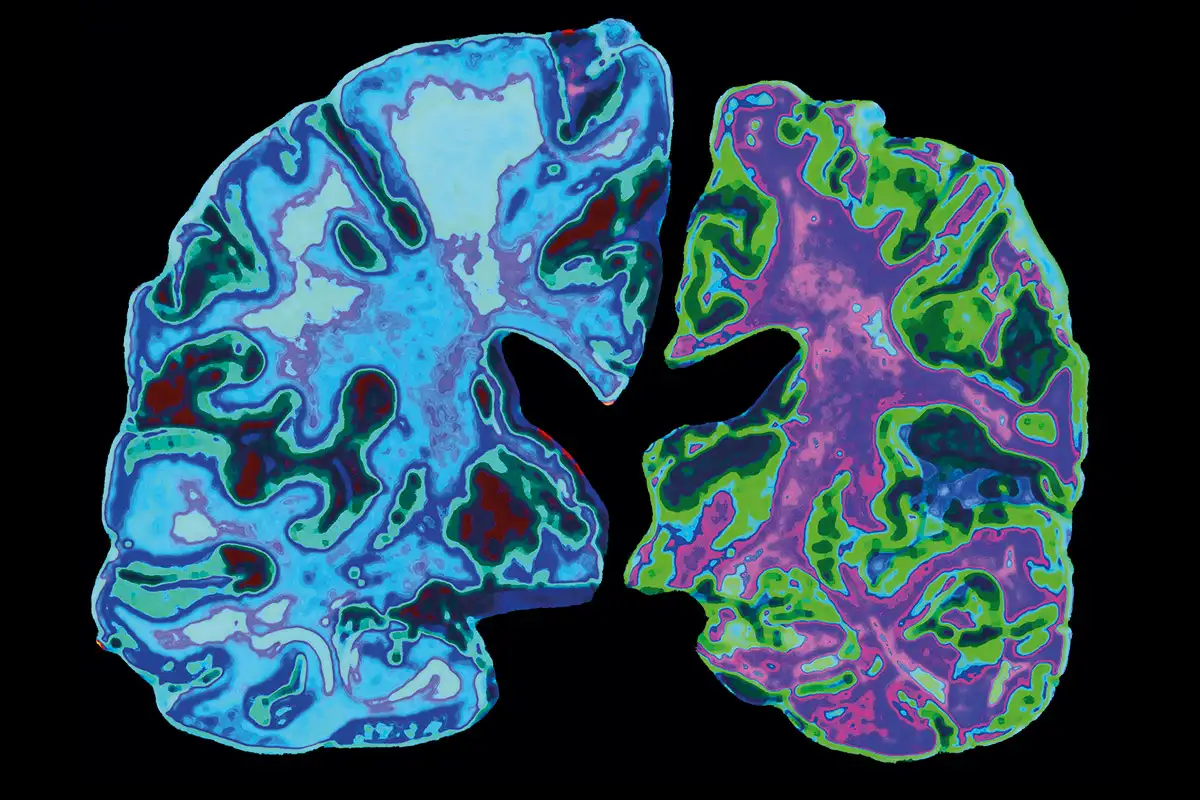July 21, 2025

In a major advancement for neurological diagnostics, researchers at the Karolinska Institute in Sweden have developed a non-invasive blood test that can detect early-stage Alzheimer’s disease with an accuracy of up to 94% — years before the onset of symptoms. This breakthrough could revolutionize how we diagnose and manage one of the world’s most devastating neurodegenerative disorders.
The test works by detecting a specific biomarker in the bloodstream: phosphorylated tau 217 (p-tau217), a protein associated with the earliest stages of Alzheimer’s pathology. This protein begins accumulating in the brain long before patients show signs of memory loss, confusion, or cognitive impairment. Until now, such biomarkers could only be detected through expensive PET scans or invasive spinal taps, limiting their accessibility.
“This test could become part of routine health checks, like cholesterol or blood sugar,” said Dr. Henrik Zetterberg, senior neurologist and co-lead of the study. “It’s the most promising step we’ve seen toward making Alzheimer’s diagnosis both early and widely accessible.”
The researchers analyzed blood samples from over 600 participants, including individuals with normal cognition, mild cognitive impairment, and diagnosed Alzheimer’s disease. They found that elevated p-tau217 levels reliably distinguished early Alzheimer’s cases from other forms of dementia and age-related memory issues.
Early detection is crucial in Alzheimer’s care. Identifying the disease in its preclinical phase gives patients and their families more time to plan treatment, make lifestyle adjustments, and enroll in clinical trials — all of which can significantly delay the disease’s progression. It also opens the door to preventive therapeutics, many of which are only effective if administered early.
The findings, published in The Lancet Neurology, have already generated interest from healthcare systems in Europe, North America, and Asia. Several hospitals in Sweden are preparing to pilot the test as part of annual wellness screenings for adults over 50.
“We’re entering an era where Alzheimer’s may soon be diagnosed and managed like hypertension — early, routinely, and with precision,” said Dr. Zetterberg.
If widely adopted, this test could reshape the public health landscape, reducing the financial and emotional toll of late-stage dementia and enabling a proactive, rather than reactive, approach to brain health.